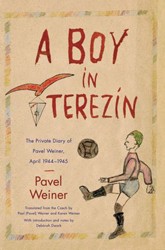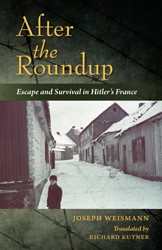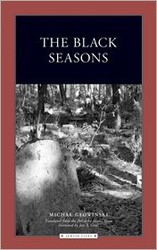Otto Dov Kulka, a distinguished Holocaust scholar, presents here his own experiences as a survivor of Theresienstadt and Auschwitz. In a vivid memoir that is at times achingly beautiful, he recounts horror and death. The voice of the young Kulka provides emotional distance, enabling the reader to appreciate his lyrical prose and even the haunting photographs.
In 1978, while in Poland for a conference, he journeyed (returned) to Birkenau. Later, fifty years after the War, he began revisiting sites and recording his memories and impressions. When he was eleven, he had been part of the model “family camp,” men, women and children living together, designed to show the Red Cross how humane the camps were, as if to say, “There’s no death here, only culture, studies, ordinary, everyday living.” One of the songs he learned was “Ode to Joy.” Shortly afterwards, someone tried to explain to him, “… the terrible absurdity of it, the terrible wonder of it, that a song of praise to the brotherhood of man, Shiller’s ‘Ode to Joy,’ from Beethoven’s Ninth Symphony, was being played opposite the crematoria…”
The first chapter’s title, “A Prologue that Could Also Be an Epilogue,” gives the book a circular feeling. Perhaps the author was able to come to terms with what happened. Or perhaps he is trying to say that “those who do not understand the lessons of history… .” Monologues like Landscapes of the Metropolis of Death can supplement Kulka’s and others’ historical texts, and affirm, ‘Never Again.’ Appendices, illustrations, notes.




